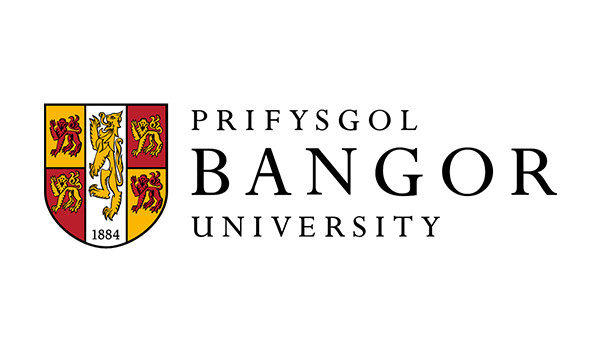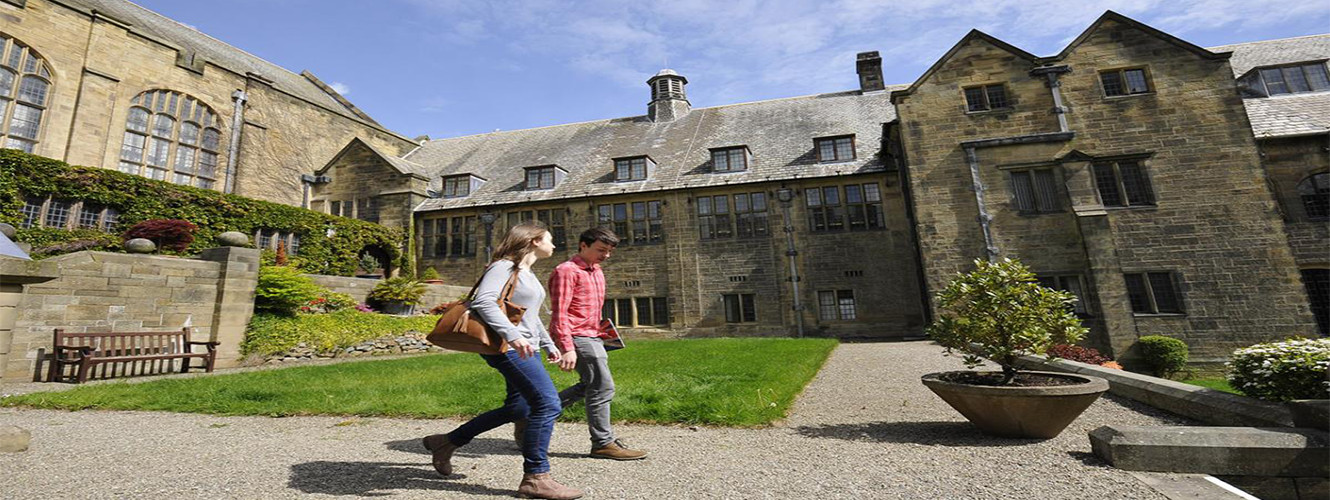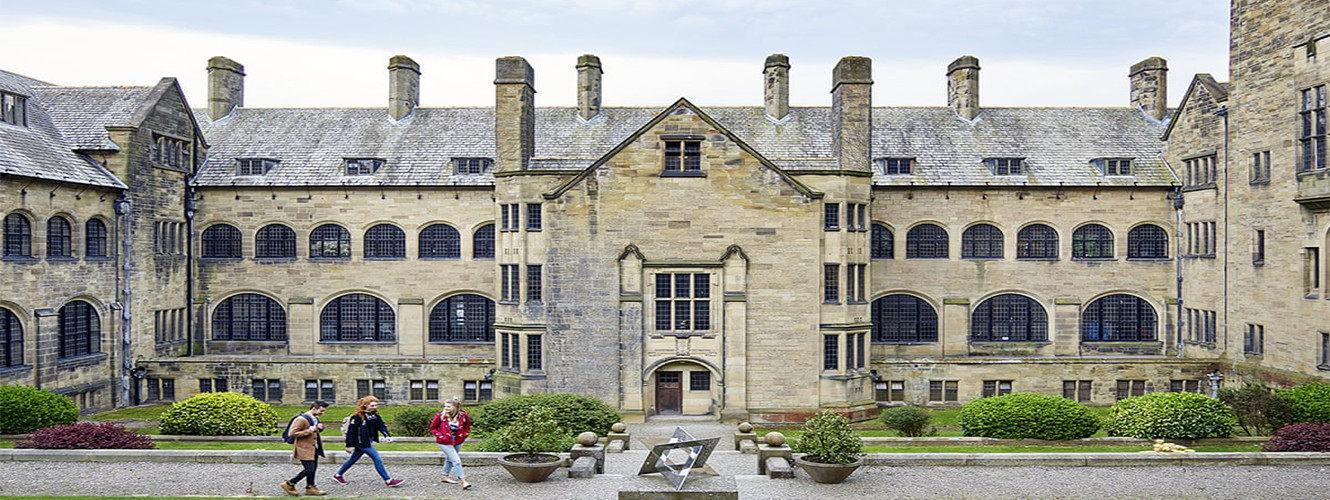UK120 MA English Literature Bangor University
-
THÔNG TIN CHUNG
Our English Literature MA offers the opportunity to pursue English literary studies at an advanced level. Here you will be able to develop the skills and knowledge required for textual, theoretical and historical analysis in your chosen field while participating fully in a vibrant research environment of published writers and researchers.
The programme consists of taught modules (Part One) mainly assessed by essays, followed by a dissertation (Part Two).
On this MA you can explore your interests across the wide-ranging field of English literary studies in their choice of taught modules, or they may elect to follow a programme of taught modules and one-to-one supervision in more specialised areas of interest. For those wishing to specialise there is also the opportunity to cluster module choices around particularly strong areas of department expertise, such as:
Medieval and Early Modern Literature: These are well-known and internationally recognised areas of expertise at Bangor. Members of the School of English undertake research in medieval English poetry, prose and drama; the literature of the Tudor period; the drama of Shakespeare and his contemporaries; early modern book history; and seventeenth-century literature in poetry and prose as well as on the stage. Particular areas of interest include Chaucerian studies, medieval romance, Arthurian literature, medieval and early modern drama, pre-modern travel writing, early modern memory studies, George Herbert and devotional poetry, autobiographical writing, Milton, polemical prose, words and music, manuscript studies, and the work of women writers across the medieval and early modern periods. These wide-ranging topics are reflected in the choice of modules and dissertation topics available to students.
Material Texts: This subject area introduces the postgraduate student to many of the methodologies associated with the history of the book, the sociology of texts, the history of reading and the theories associated with editing. The investigation of the material text and the circumstances of production and consumption are growing areas within the discipline of literary studies. Students may examine a range of texts from medieval and early-modern manuscripts, through early printed books (known as incunabula) and on to the serialised texts of the Victorian period, as well as looking at cinema, screenplays and contemporary technologies of self-representation. The modules on offer in this area make the most of the School’s expertise in book history and scholarly editing, as well as Bangor University’s particularly strong archive collections (including the Cathedral Library) which contain everything from locally produced printed ephemera to documents pertaining to plantations in Jamaica. The School is also actively involved in several digitisation projects, and many of the modules will consider the impact of the latest technological revolution upon literary studies.
-
CƠ HỘI NGHỀ NGHIỆP
The course offers excellent preparation for participation in doctoral programmes. It adds to the qualifications of those intending to pursue a career in cultural and creative fields such as publishing, arts administration, the media, communications and teaching. The experience of postgraduate literary study can also enhance future employability, through the acquisition of transferrable skills such as: the ability to pursue independent research; to carry out advanced analysis of texts and arguments; and to present ideas fluently in written and oral form. Above all, the MA affords an opportunity for advanced personal and intellectual development.
- ĐIỀU KIỆN ĐẦU VÀO
- ĐIỀU KIỆN NGÔN NGỮ
- HỌC BỔNG
- ĐỊA ĐIỂM
Tóm tắt
-
Phí ghi danh
0
-
Độ dài khoá học
1 năm
-
Kỳ nhập học
Tháng 9
Phí Cơ Bản
-
Loại Tiền
-
Học Phí
Trên năm -
Phí Sinh Hoạt
Trên năm -
Tổng






